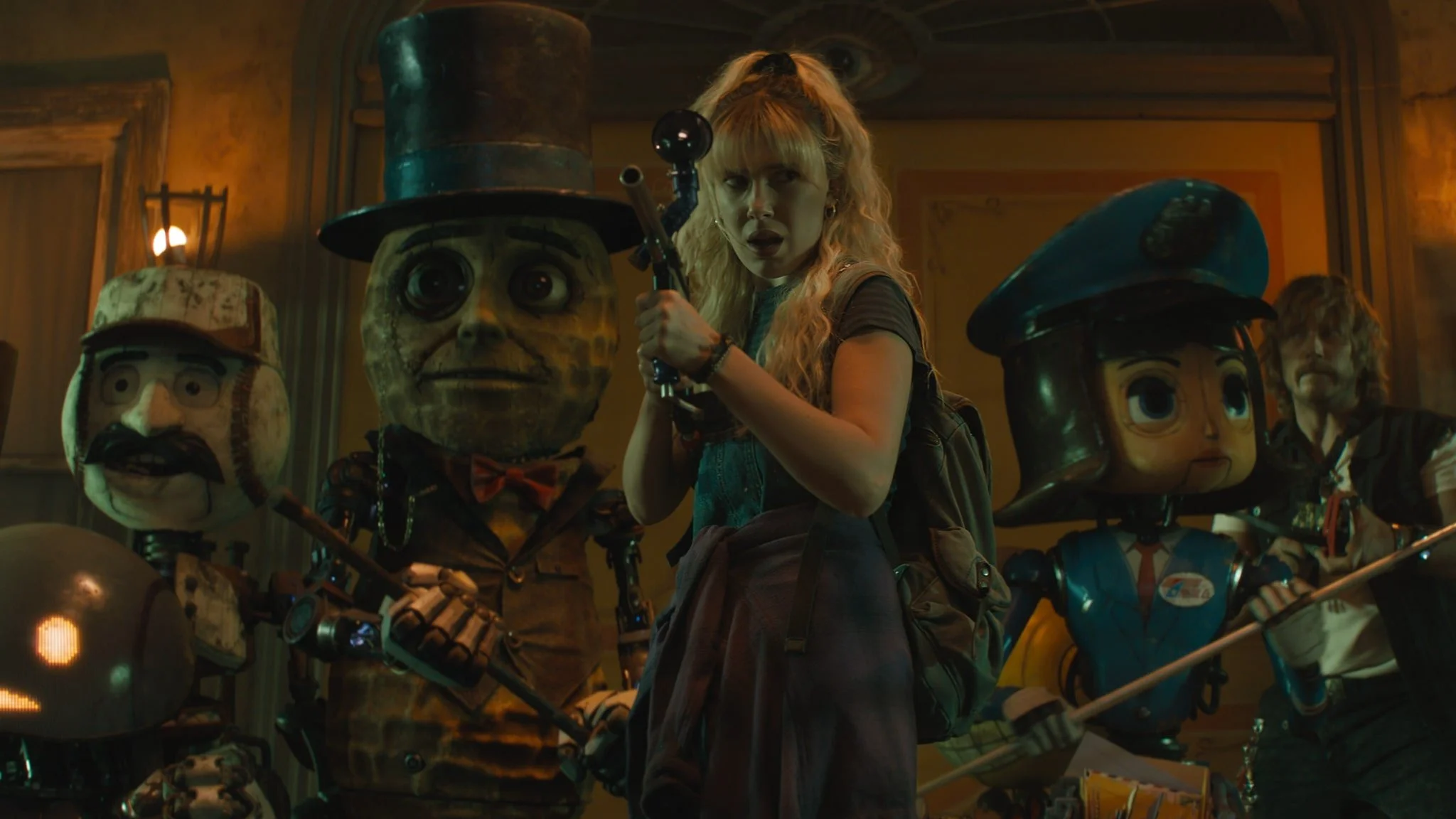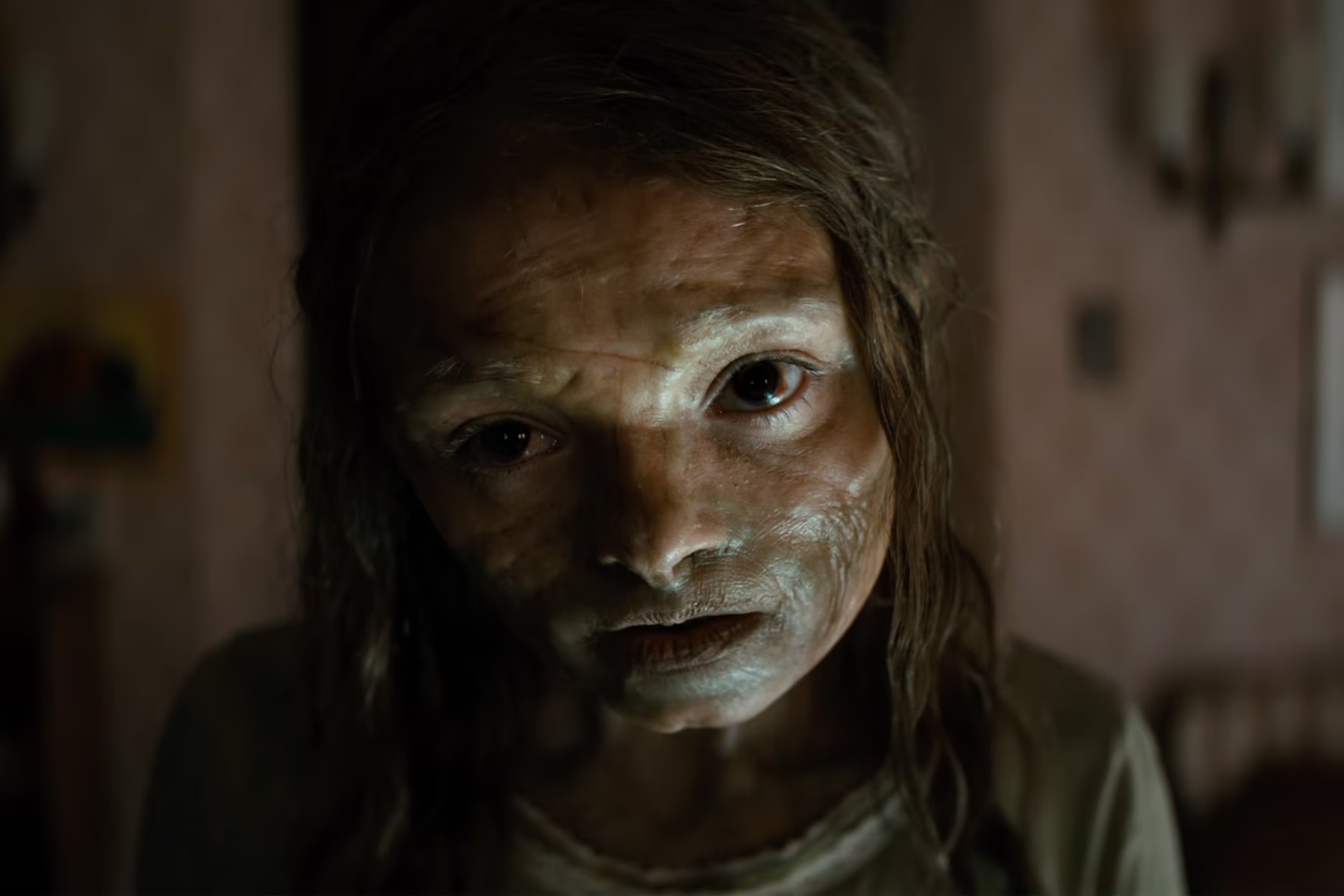The Electric State Review
The Electric State, directed by the Russo brothers and adapted from Simon Stålenhag's graphic novel, presents a visually enticing yet narratively underwhelming experience. Because, despite its promising premise and impressive cast, the film fails to ignite a spark, leaving us with a sense of genuine disappointment.
A World Underutilized: Visuals Over Immersion
The film's dystopian America, where technology and human existence are deeply intertwined, offers a rich canvas for storytelling. While the visual effects and robotic assets are undeniably impressive, they feel generally underutilized. The Electric State opts for a formulaic approach to these components, confining its sci-fi elements to predictable comedic or heartwarming moments, rather than weaving them into a truly immersive and thought-provoking narrative.
The world, with its potential for complex social commentary and unique world-building, remains largely a backdrop, failing to fully engage the audience with something meaningful (outside of its surface-level explorations of grief—but more on that later). The clever uses of sci-fi elements are fleeting, lost in a sea of predictable plot points and choices. The film's reluctance to explore the deeper implications of its setting leaves a sense of wasted opportunity, hindering audience investment.
One-Dimensional Characters
Much like its script, the characters in The Electric State feel disappointingly one-dimensional. While Millie Bobby Brown does her best to deliver a committed performance as Michelle, her character, like the others, suffers from a lack of depth and overtly forced relationships.
The film’s narrative intentions are glaringly obvious, making it difficult to connect with them on a genuine emotional level. Furthermore, the film's script prioritizes clear-cut goals over nuanced character development, resulting in characters that feel more like plot devices than fully realized individuals. While you would imagine that Chris Pratt, Stanley Tucci, and Ke Huy Quan add a touch of gravitas to the ensemble, their specific skill sets and talents are squandered on characters who are ultimately defined by their surface-level motivations. The lack of subtle complexities and carefully constructed inner conflicts render their journeys predictable and emotionally distant.
A Predictable Trajectory
The script's trajectory in The Electric State unfolds with an almost painful predictability. Every action, every emotional beat, feels telegraphed, leaving little room for surprise or genuine suspense. The story's woodenness stems from its reliance on genre clichés, resulting in a narrative that feels both familiar and uninspired.
Moreover, the film's consistent attempt to explore themes of grief and acceptance is hampered by its formulaic approach, preventing these themes from feeling tangible to the audience. The emotional weight of Michelle's journey is heavily diluted by the script's insistence on delivering predictable plot points, rendering the film's emotional core hollow. The film feels like it is going through the motions of a genre film, rather than offering a fresh perspective.
The Weight of Technological Dependence: A Missed Opportunity
Sure, The Electric State touches upon the theme of technological dependence, but fails to pursue its implications with sufficient storytelling. The film hints at the dangers of blurring the lines between the physical and digital worlds but ultimately settles for a superficial treatment of this complex issue—often reiterating that society needs to touch grass. Obviously.
The “sims” that people use to cope with loss, and the reliance on robots as companions, are only touched upon. The film could have used this setting to really dig deeper into the potential for isolation or perhaps the expansive dangers of replacing real human connections with technology. Instead, the film uses technology to facilitate a simple quest with bare-minimum moral constructs rather than being a core part of the story. The film's reluctance to delve into the darker aspects of its technological landscape leaves a significant thematic void, further contributing to its overall sense of shallowness.
Score: 3.5/10
Despite its ability to produce a few fun visual moments, The Electric State is severely muddled by one-dimensional characters and a predictable script.









